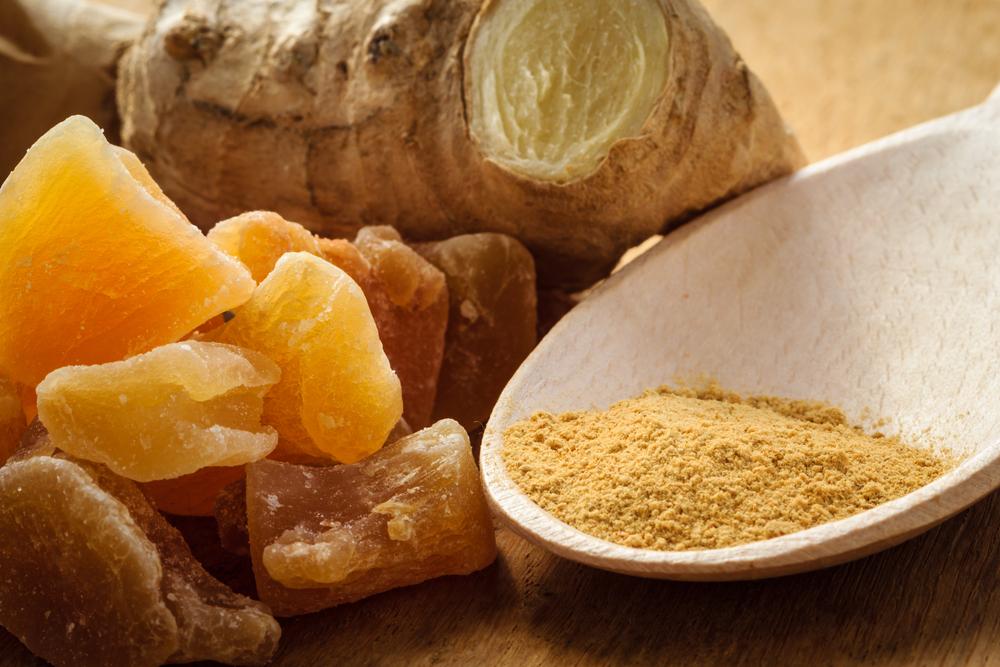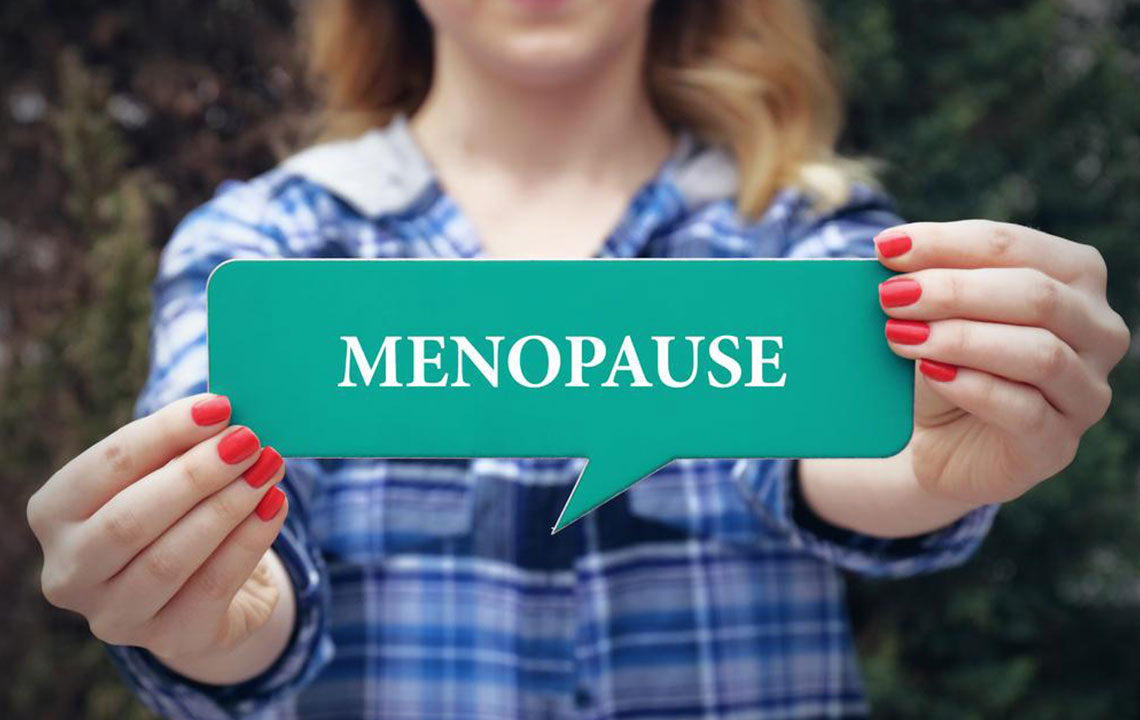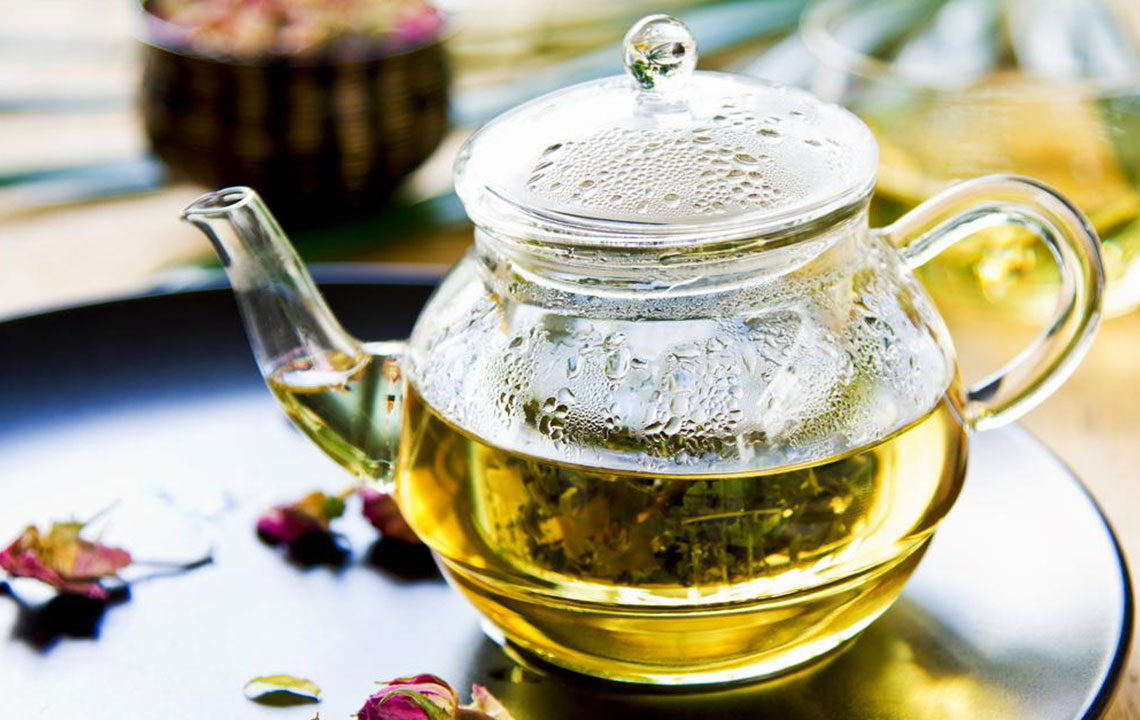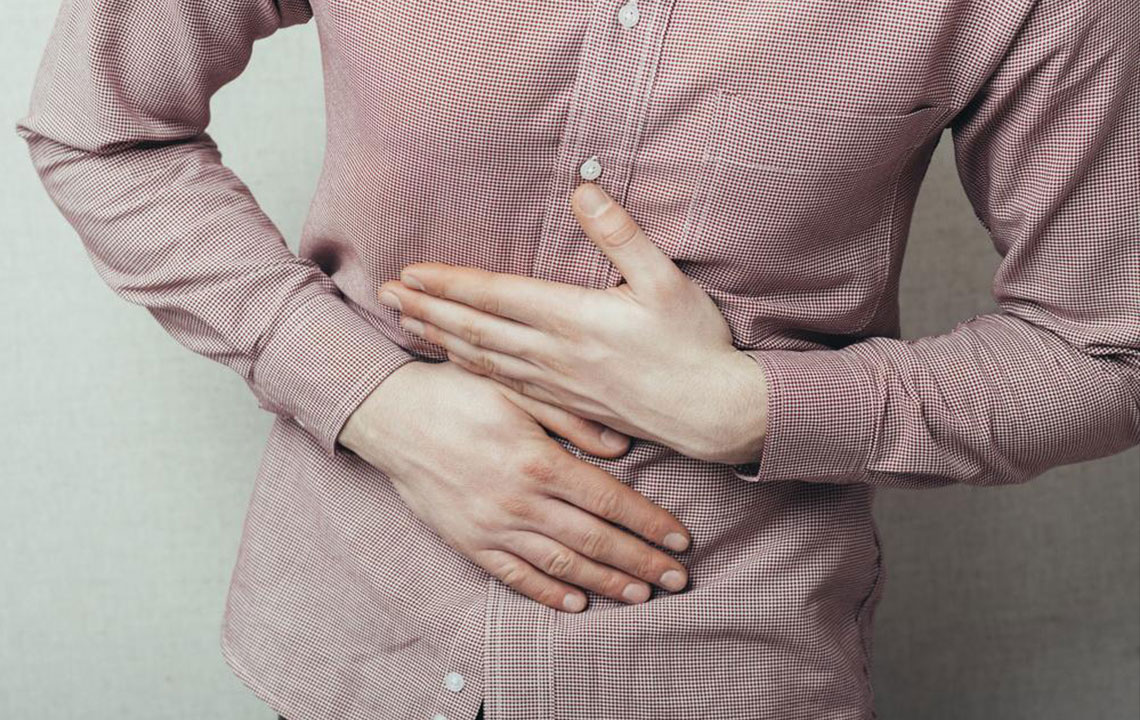Natural Strategies to Relieve Menopause-Related Vaginal Discomfort
This comprehensive guide explores natural methods to relieve menopause-related vaginal discomfort, including over-the-counter remedies, hygiene tips, natural oils, and lifestyle adjustments. It offers practical advice for women seeking safe, natural options to manage symptoms effectively during menopause, emphasizing gentle self-care and holistic approaches for a comfortable transition.

Natural Strategies to Relieve Menopause-Related Vaginal Discomfort
Menopause is a significant milestone in a woman’s life that brings about profound hormonal shifts, primarily characterized by a decrease in estrogen levels. This hormonal decline can lead to a variety of uncomfortable symptoms, with vaginal dryness, itching, and irritation among the most common. These symptoms can not only cause physical discomfort but also emotional distress, impacting one’s quality of life and overall well-being.
While it may not be possible to completely eliminate all symptoms of vaginal discomfort during menopause, there are numerous natural remedies and lifestyle adjustments that can significantly alleviate these issues. Implementing these strategies can help women navigate this transition more comfortably, maintaining their health and confidence throughout the menopausal years.
Over-the-counter remedies for menopause-related vaginal discomfort Many women find relief through natural topical solutions. There is a wide array of over-the-counter creams, ointments, and suppositories specifically designed to soothe vaginal irritation and promote hydration. These products often contain ingredients that help restore moisture, reduce itching, and improve the overall health of vaginal tissues. For example, water-based lubricants and vaginal moisturizers formulated with natural ingredients can be effective in managing dryness and discomfort, providing immediate, short-term relief that supports daily activities.
Prioritizing good hygiene practices During menopause, maintaining proper hygiene is crucial as changes in hormone levels can increase susceptibility to infections and irritation. Using mild, unscented cleansers and avoiding harsh soaps helps keep the vaginal area clean without disrupting its natural balance. Regular washing with gentle cleansers and ensuring the area is thoroughly dried afterward can minimize irritation and prevent infections that might worsen discomfort.
Choosing comfortable clothing Wearing loose, breathable cotton underwear and clothing can make a noticeable difference in managing vaginal discomfort. Tight garments and synthetic fabrics can trap heat and moisture, creating an environment conducive to irritation and bacterial growth. By opting for comfortable, moisture-wicking fabrics, women can help keep the vaginal area dry and reduce the risk of inflammation and itching.
The importance of chemical-free personal care products During menopause, it's advisable to avoid scented soaps, scented washes, and harsh cleansing products. These can exacerbate dryness and irritation, making symptoms worse. Instead, selecting hypoallergenic, fragrance-free personal care items ensures gentle cleansing that preserves the natural balance of the vaginal flora. Natural oils such as coconut oil or aloe vera gel can also serve as soothing agents for sensitive skin in this region.
Using cold compresses for temporary relief Applying cold packs or compresses to the vaginal area can offer immediate relief from itching and inflammation. This simple natural remedy can reduce swelling and soothe irritated tissues. Remember, cold compresses are intended for short-term use and should not replace medical treatments or ongoing care measures. Always wrap cold packs in a cloth or towel to prevent frostbite or skin injury.
Honey and its antimicrobial properties Honey has been used for centuries as a natural remedy for various ailments, thanks to its antibacterial and healing properties. Topical application of honey can help combat infections that contribute to discomfort and itching. Mixing honey with essential oils or applying it directly to affected areas can promote healing, reduce inflammation, and provide a soothing effect. Additionally, honey’s moistening properties can help alleviate dryness and support tissue repair.
Essential oils for natural relief Certain essential oils such as lavender, peppermint, tea tree, and chamomile possess anti-inflammatory, antimicrobial, and soothing properties. When used properly—diluted in carrier oils—they can help reduce discomfort, ease itching, and promote relaxation. It's essential to perform a patch test before extensive use to check for allergies or sensitivities. Incorporating these oils into baths or topical applications can significantly enhance comfort during menopause.
Experiencing menopause is a natural part of a woman’s life journey. While it can present some challenges, adopting natural remedies and lifestyle changes can make this phase more manageable. Patience, proper self-care, and understanding one’s body are key to navigating menopause smoothly. With consistency and gentle care, women can maintain their comfort and well-being, embracing this new chapter of life with confidence and resilience.





